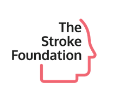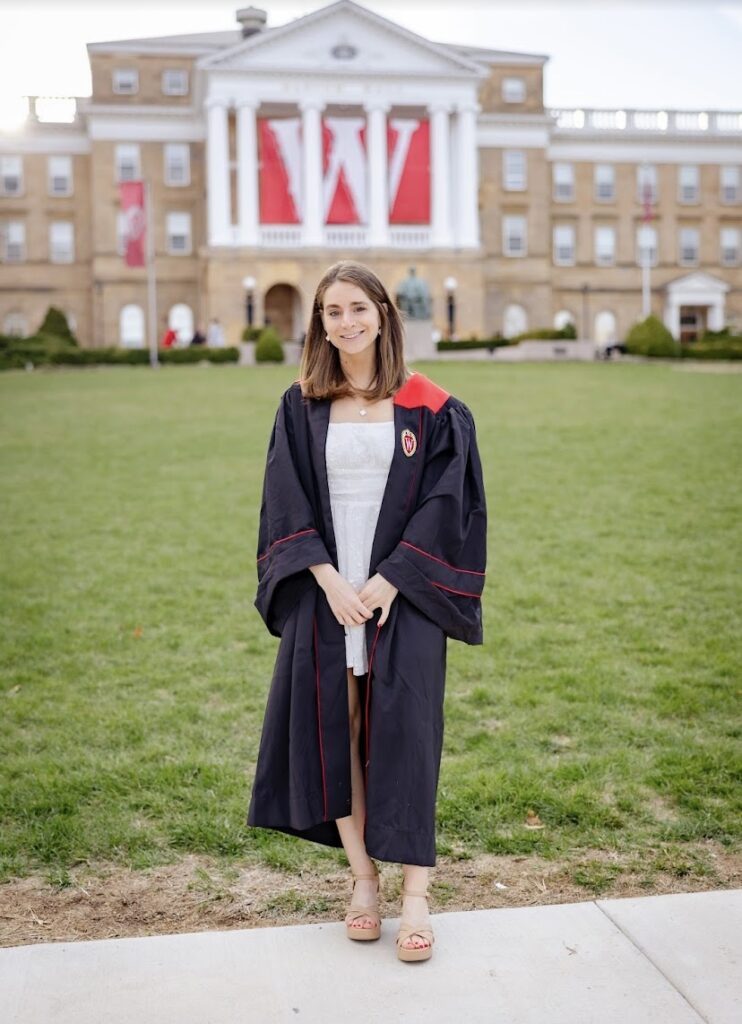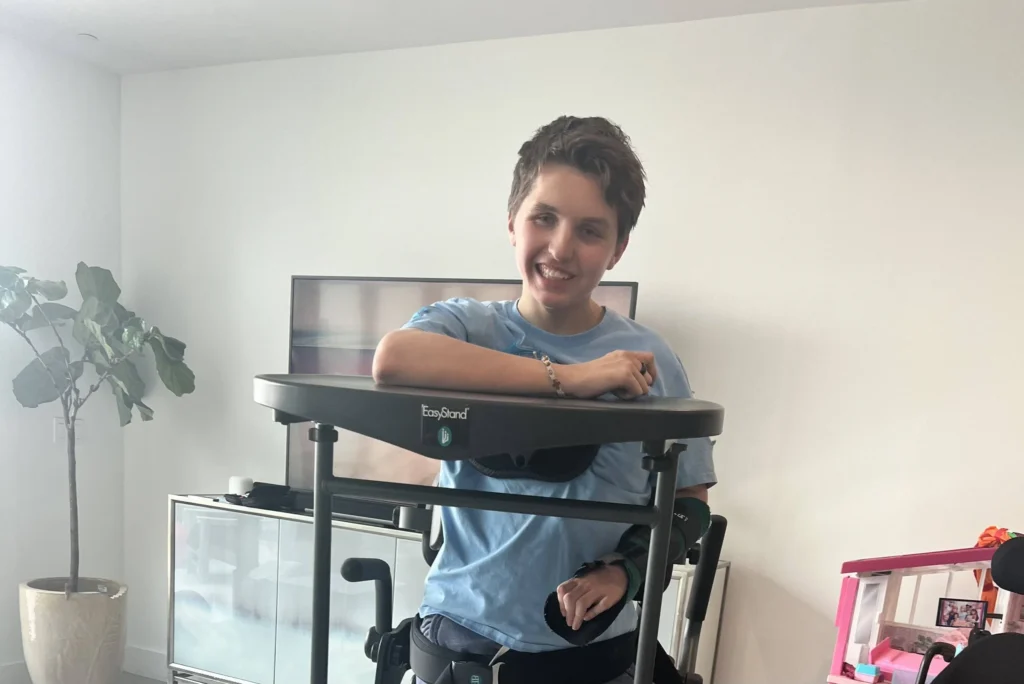Experiencing a stroke is a life-altering event that affects not only the individual but also their family and friends. The journey to recovery can be challenging, but building a robust support network can make a significant difference. Whether you are a stroke survivor or a caregiver, finding and fostering support groups, both online and offline, can provide the encouragement and assistance needed to navigate this new chapter of life.
Understanding the Importance of Support Networks
Support networks offer emotional, social, and practical assistance, helping individuals cope with the aftermath of a stroke. They provide a platform for sharing experiences, learning from others, and gaining access to valuable resources. A strong support network can reduce feelings of isolation, enhance motivation, and improve overall well-being.
Tips for Finding Support Groups
Online Support Groups
1. Social Media Platforms: Facebook, Reddit, and other social media platforms host numerous support groups for stroke survivors and caregivers. These groups offer a sense of community and immediate access to advice and shared experiences.
2. Dedicated Websites and Forums: Websites like Stroke Association, American Stroke Association, and MyStrokeGuide offer forums and discussion boards where individuals can connect, share stories, and seek advice.
3. Virtual Meetups and Webinars: Organizations often host virtual meetups and webinars. These events can be an excellent way to gain knowledge, ask questions, and meet others in similar situations.
4. Health Apps: Some apps, such as PatientsLikeMe, connect individuals with similar health conditions, including stroke survivors, providing a platform for sharing experiences and support.
Offline Support Groups
1. Local Hospitals and Rehabilitation Centers: Many hospitals and rehab centers offer support groups for stroke survivors and their families. These groups often meet regularly and are facilitated by healthcare professionals.
2. Community Centers and Libraries: Community centers and libraries sometimes host support group meetings. These venues provide a convenient and accessible option for local residents.
3. Therapist-Led Groups: Some therapists and counselors specialize in group therapy for stroke survivors and their families. These sessions can provide a structured and supportive environment for discussion and emotional healing.
Tips for Fostering a Support Network
1. Be Open and Engaged: Actively participate in discussions, share your experiences, and be open to receiving advice and support from others. Engagement fosters a sense of community and trust.
2. Offer Support to Others: Support networks thrive on mutual aid. Offer your support and encouragement to others in the group. This reciprocity can strengthen connections and enhance the overall group dynamic.
3. Stay Consistent: Attend meetings and participate regularly. Consistency helps build relationships and ensures you are continuously supported throughout your recovery journey.
4. Seek Out Diverse Groups: Join multiple support groups to gain different perspectives and resources. Each group may offer unique insights and support mechanisms.
5. Utilize Professional Resources: Don’t hesitate to seek guidance from healthcare professionals. They can recommend reputable support groups and provide additional resources tailored to your needs.
6. Create Your Own Support Group: If you can’t find a suitable support group in your area, consider starting one. Reach out to local hospitals, community centers, or online platforms to gather interested individuals.
Building a support network after a stroke is crucial for recovery and emotional well-being. Whether through online communities or local support groups, connecting with others who understand your journey can provide invaluable assistance and encouragement. By actively seeking and fostering these connections, stroke survivors and their families can navigate the challenges ahead with greater confidence and resilience. Remember, you are not alone—support is available, and together, we can overcome the hurdles of stroke recovery.





